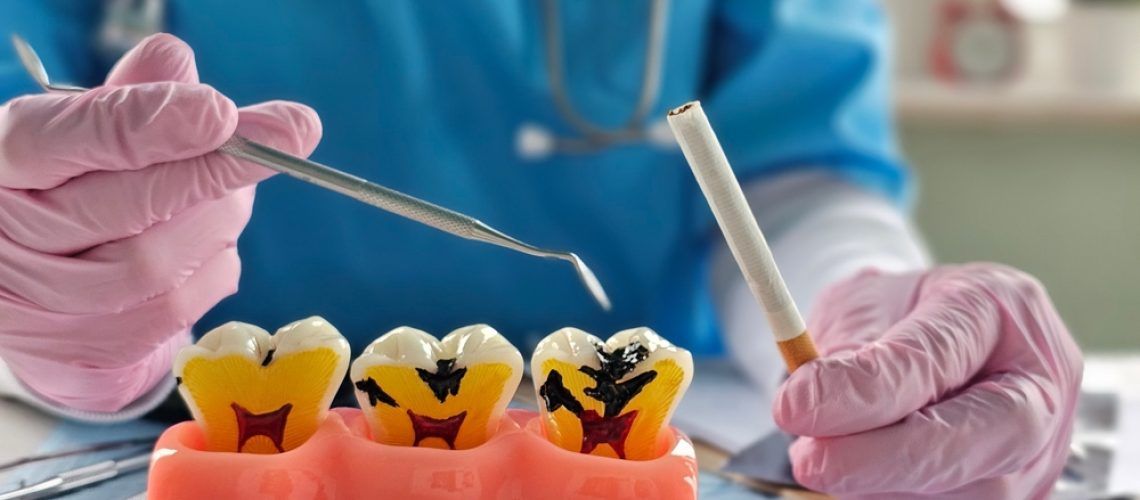Smoking and tobacco use have a wide range of harmful effects on the body, and your oral health is no exception. The impact of tobacco products, including cigarettes, cigars, smokeless tobacco, and pipes, can lead to a variety of dental problems, ranging from cosmetic issues to more severe health concerns. Understanding these effects is crucial for smokers and tobacco users, as it can help you make informed decisions about your oral health. In this article, we will discuss how smoking and tobacco use affect your teeth and gums and the potential risks involved.
How Smoking Affects Your Teeth
The effects of smoking on your teeth are primarily related to the chemicals found in tobacco smoke. These chemicals can stain your teeth, cause bad breath, and contribute to more serious dental problems. One of the most visible effects of smoking is the discoloration of teeth. Nicotine and tar, the two main components in tobacco, can cause your teeth to yellow over time. The longer you smoke, the more pronounced these stains become, making it difficult to maintain a bright, white smile.
In addition to staining, smoking also contributes to the buildup of plaque and tartar on your teeth. This buildup is harder to remove with regular brushing and can increase your risk of developing gum disease. Plaque and tartar are breeding grounds for bacteria, which can lead to cavities, gum infections, and bad breath. Smoking not only exacerbates these issues but also reduces the effectiveness of your body’s natural defense mechanisms, making it harder for your teeth to repair themselves from damage.
The Impact of Smoking on Your Gums
Your gums are another area of your mouth that can be severely impacted by smoking. Smoking weakens your immune system, which makes it more difficult for your gums to fight off infections. As a result, smokers are at a much higher risk of developing gum disease, also known as periodontal disease. Gum disease occurs when bacteria in the mouth cause inflammation, which can lead to swollen, bleeding gums and, in more severe cases, tooth loss.
Smokers with gum disease are also less likely to respond to treatment. Smoking decreases blood flow to the gums, which reduces the delivery of essential nutrients and oxygen that help in the healing process. This makes it harder for your gums to recover after professional cleanings or surgeries. Smokers are also more likely to experience deep gum pockets, where bacteria can hide and multiply, further complicating the healing process.
The Increased Risk of Tooth Loss
One of the most concerning effects of smoking and tobacco use is the increased risk of tooth loss. Gum disease is the leading cause of tooth loss in adults, and smoking is one of the most significant risk factors for developing gum disease. As the disease progresses, it can damage the bone and tissues that support your teeth, leading to loose teeth and eventual tooth loss.
Even if you maintain good oral hygiene habits, smoking can still contribute to tooth loss. Smokers are more likely to experience bone loss in the jaw, which can weaken the foundation for your teeth. This bone loss is often irreversible, and the longer you smoke, the greater the chances of severe damage to your gums and teeth.
Smoking and Oral Cancer
The connection between smoking and oral cancer is well-documented. Smoking is one of the leading causes of oral cancers, including cancers of the mouth, throat, lips, and tongue. Tobacco use, whether smoked or chewed, increases the risk of developing these cancers by damaging the cells in the oral cavity. In fact, people who smoke are six times more likely to develop oral cancer than non-smokers.
The symptoms of oral cancer can be subtle at first, including persistent sores, pain while chewing or swallowing, and unexplained lumps in the mouth or neck. However, if caught early, oral cancer is treatable. Regular dental visits and self-examination can help detect oral cancer in its early stages, giving you the best chance for successful treatment.
Quitting Smoking for Better Oral Health
The good news is that quitting smoking can significantly improve your oral health. Once you stop using tobacco, the risk of developing gum disease and other oral health problems decreases over time. After quitting, your gums may begin to heal, and your risk of tooth loss and oral cancer will reduce.
It’s essential to remember that even though some damage may be irreversible, quitting smoking can help prevent further harm. If you’re struggling to quit, talk to your dentist about resources and strategies to help you on your journey. With the right support, you can achieve better oral health and enjoy a healthier smile.
Protecting Your Teeth and Gums
Smoking and tobacco use can have a profound negative impact on your oral health, leading to problems such as gum disease, tooth loss, and even oral cancer. The good news is that quitting tobacco use can significantly improve your oral health and reduce your risk of these serious conditions. If you’re a smoker or tobacco user, it’s important to understand the risks and take steps to protect your teeth and gums. Regular dental visits and good oral hygiene habits are key to maintaining a healthy smile, but quitting smoking is one of the best things you can do for your long-term oral health.
Sources:
- Lee, W., & Lee, J. (2015). The Effects of Smoking on Oral Health. Journal of Periodontology.
- Sutherland, L., & Macfarlane, T. (2012). Smoking and its effects on the gums and teeth. British Journal of Dentistry.
- Warnakulasuriya, S. (2009). Smoking and oral cancer. Journal of Oral Pathology & Medicine.



